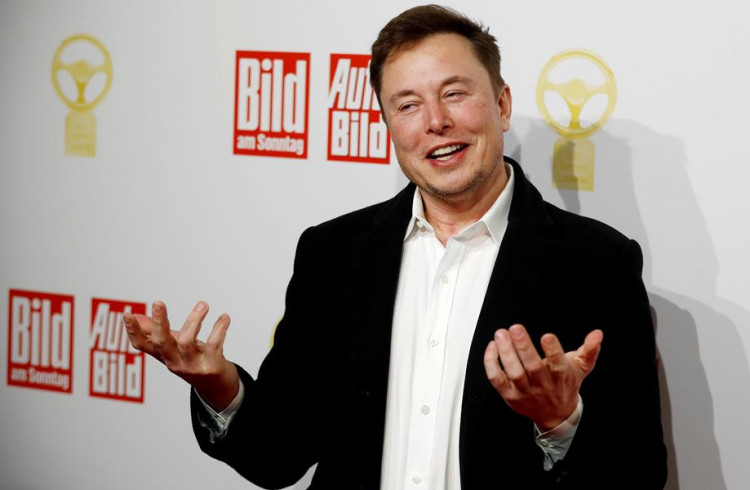Elon Musk has announced plans to seek shareholder approval for relocating Tesla's state of incorporation from Delaware to Texas. The decision, spurred by the court's recent judgment against Musk's 2018 salary arrangement valued at approximately $51 billion, marks a significant pivot for the electric vehicle giant, which currently boasts its headquarters in the Lone Star State.
Musk's dissatisfaction with the Delaware Chancery Court's verdict was promptly followed by a poll on X (formerly Twitter), where he inquired about the shareholders' stance on moving Tesla's incorporation to Texas. Garnering overwhelming support, with over 87% of roughly 1.1 million votes in favor, Musk confirmed the intent to "immediately" proceed with the shareholder vote for the transition.
Delaware, known for its corporate-friendly legal framework, houses nearly 70% of Fortune 500 companies due to its favorable tax policies and esteemed legal system for business disputes. Despite these advantages, Musk's critique of Delaware was unequivocal in the wake of the ruling, advising against incorporating in the state and suggesting alternatives like Nevada or Texas for companies prioritizing shareholder decision-making.
The controversy stems from a lawsuit by Tesla shareholders challenging the fairness of Musk's compensation package, which comprised 303 million split-adjusted stock options now valued at $51 billion. Chancellor Kathaleen McCormick's ruling highlighted the failure of Musk and Tesla's board to demonstrate the fairness of the compensation plan, sparking a debate over the governance and fiduciary responsibilities of corporate boards.
Elon Musk's push for a Texas reincorporation not only underscores the fallout from the Delaware ruling but also signals a strategic shift that could have far-reaching implications for Tesla's governance structure. According to Columbia Law School professor Eric Talley, Texas offers more lenient regulations regarding executive compensation, potentially allowing the board to award Musk without the stringent fiduciary constraints imposed by Delaware law.
However, Talley cautioned that the move to reincorporate could face legal challenges from shareholders, who may view it as driven by Musk's personal interests, thereby breaching fiduciary duties under Delaware's jurisdiction.
As Tesla prepares to navigate this complex legal and corporate landscape, the forthcoming shareholder vote represents a critical juncture. The decision to relocate Tesla's incorporation to Texas not only reflects Musk's reaction to legal adversities but also sets the stage for a broader discussion on corporate governance, executive compensation, and the legal frameworks that underpin America's corporate behemoths.






